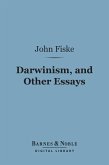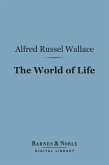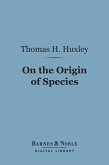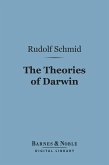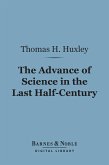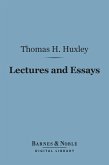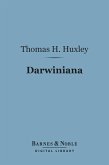Published in 1872, this volume collects ten lectures that Ruskin gave at Oxford University on the subject of the relation of the natural sciences to artincluding, The Function in Art of the Faculty called by the Greeks s???a, The Relation of Wise Art to Wise Science, and Introduction to Elementary Exercises in Historic Art: The Heraldic Ordinaries.
Dieser Download kann aus rechtlichen Gründen nur mit Rechnungsadresse in A, D ausgeliefert werden.
Es gelten unsere Allgemeinen Geschäftsbedingungen: www.buecher.de/agb
Impressum
www.buecher.de ist ein Internetauftritt der buecher.de internetstores GmbH
Geschäftsführung: Monica Sawhney | Roland Kölbl | Günter Hilger
Sitz der Gesellschaft: Batheyer Straße 115 - 117, 58099 Hagen
Postanschrift: Bürgermeister-Wegele-Str. 12, 86167 Augsburg
Amtsgericht Hagen HRB 13257
Steuernummer: 321/5800/1497
USt-IdNr: DE450055826



